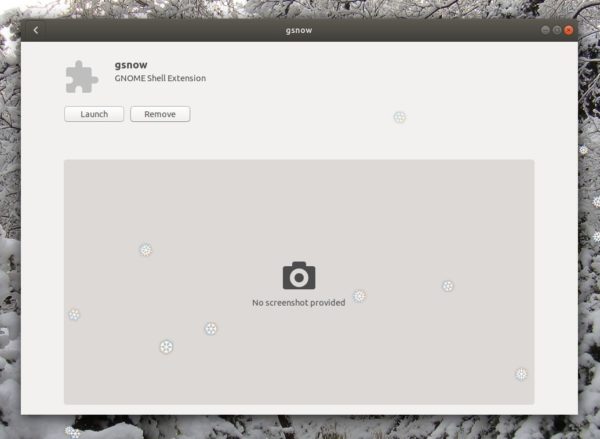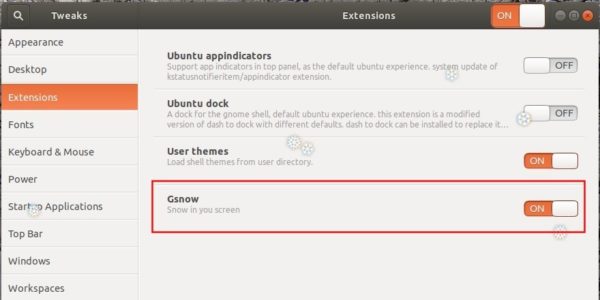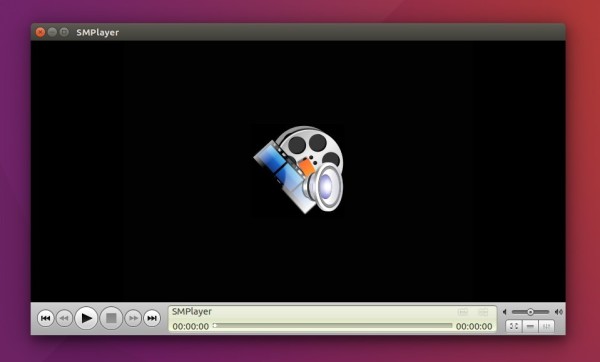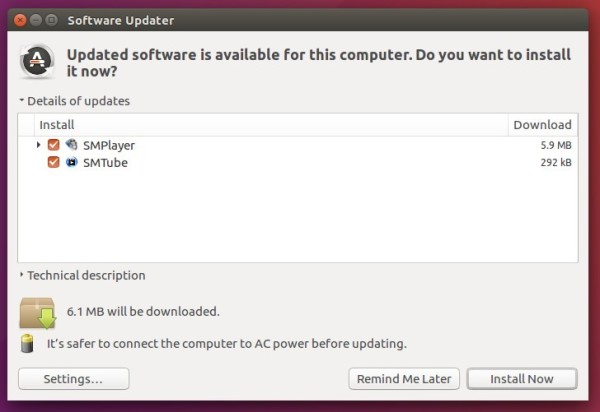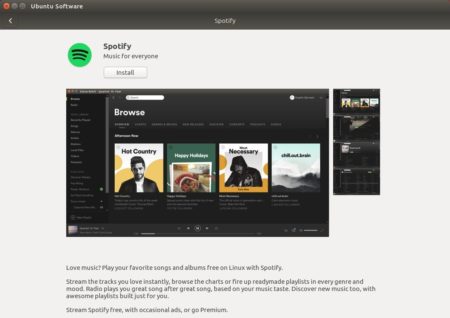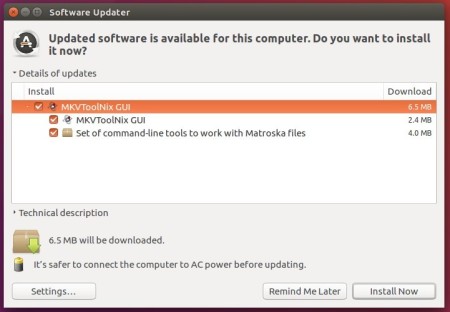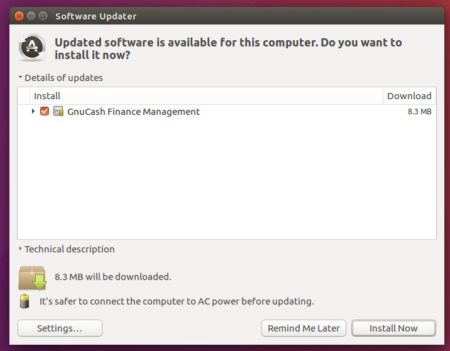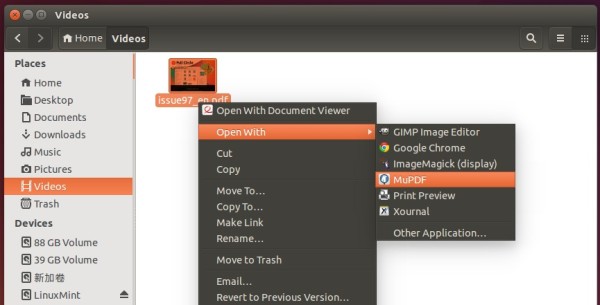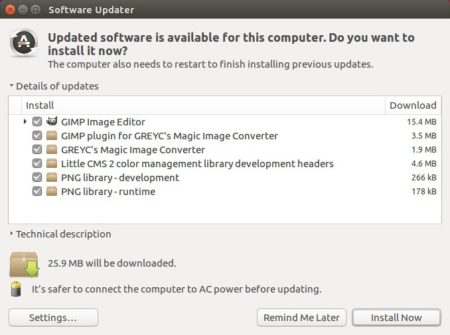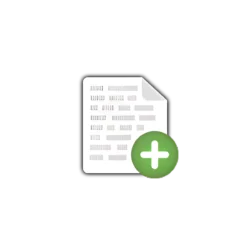![]()
Sigil epub ebook editor reached the 0.9.9 release a few days ago. Here’s how to install it in Ubuntu 16.04, Ubuntu 17.04, Ubuntu 17.10, and higher via PPA.
Sigil 0.9.9 release highlights:
- Ability to limit/disable clipboard history saving.
- A new Spellcheck Dictionary Preferences setting that allows the user to include words with numbers in them.
- Two new Quick Launch Icons for plugins added to the main menu.
- Preview Window Title bar will now show height and width of the Preview Window
- Convert br tags in header text to linebreaks for toc/ncx/nav generation routines
- And various bug-fixes. See the announcement for details.
How to Install Sigil 0.9.9 in Ubuntu:
Besides building the new release from source tarball, an unofficial PPA is available that contains the packages for Ubuntu 16.04, Ubuntu 17.04, Ubuntu 17.10, and Ubuntu 18.04.
1. Open terminal by pressing Ctrl+Alt+T or searching for “Terminal” from start menu. When it opens, run command to add the PPA:
sudo add-apt-repository ppa:ubuntuhandbook1/sigil
Type in your password (no visual feedback due to security reason) and hit Enter.

2. Then you can upgrade Sigil editor from an existing release via Software Updater:
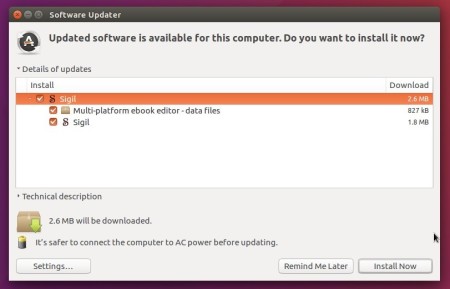
Or install /upgrade Sigil via commands:
sudo apt update sudo apt install sigil
In Addition, for Linux libxml2 bug see HERE. Sorry that I can’t build it with DBUILD_PATCHED_LIBXML2=1 option since it requires cloning source from github.com but Launchpad builders do not have internet access.
Uninstall:
To remove the PPA repository, launch ‘Software & Updates’ utility and navigate to ‘Other Software’ tab.
To remove Sigil epub editor, either use system package manager or run command in terminal:
sudo apt-get remove --autoremove sigil sigil-data




